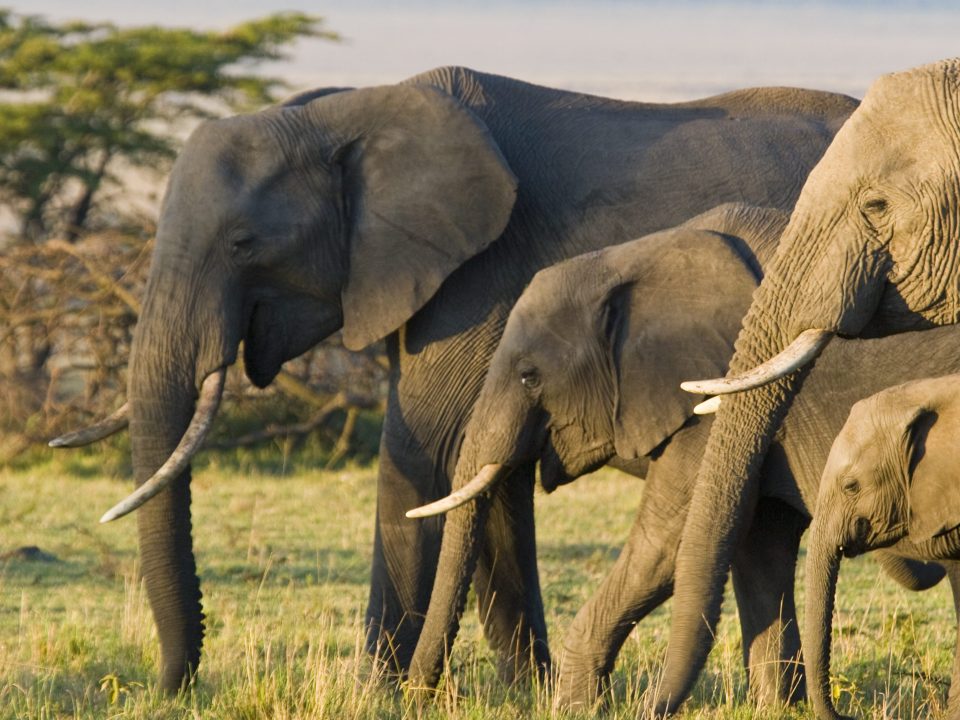
Is it Time for Superannuation Reform, Is the System More Broken Than We Think?
February 4, 2020
Can we Inject an Additional 7 Billion into The Economy Via Small Business?
February 10, 2020The Coronavirus and its Current and Future Economic Effect on Australia


The coronavirus has disrupted world markets however there has been a minor recovery everywhere except Australia.
In addition, the dollar has been hit pretty hard. This is because of our proximity to China and the fact that we would also be the nation to hit the hardest outside of China.
The markets are probably correct with their assessment as we are particularly vulnerable in industries such as minerals, agriculture, tourism, and tertiary education. All of these face the prospect of a significant hit.
In the event though, we believe this can be addressed and turned to our advantage with good leadership from the Prime Minister and his team. We simply need to navigate our way through this crisis by fostering and using our strengths.
One of our greatest strengths is the state of the federal budget, which thanks to good management by Josh Frydenberg allows us to start with a surplus. This will allow the government to spend or invest in infrastructure and other projects.
There is also our food production. The suggestion from China is that the virus may have started in their food preparation. If this is the case they will be looking for a stable source of clean food from countries like us. (On the basis of other information my view is that the virus may have started at the Wuhan Institute of Virology, which has been busy developing deadly viruses. Think germ warfare).
In order to exploit any opportunity for food supply coming from China, we need to ensure that our bushfire ravaged rural communities are quickly restored to peak production. This will require a focus on water supply whether it be from our underground systems or it is brought down from Queensland which has surplus water.
Gippsland, in Victoria, has significant underground water resources and has the potential to become a world-class source of clean food.
Education will also become a key component, however, in the short term Universities will need additional funding but this must be conditional on their delivering much higher quality education and in particular to Australian-born students.
Our tourism industry has been an excellent exporter and while it may take an initial hit the numbers will return greater than ever. The government will need to ensure that quality infrastructure is maintained. Our lower dollar will be an important component of attracting more tourists.
Once the crisis is mitigated we suspect that we will see a surge in Chinese immigration. We see this as a positive as it improves our knowledge and skills base, however, any such surge in migration should be linked to our university education system.
We also need to think outside of our traditional export industries and have a close look at such things as pharmaceuticals as we have global leaders in this field such as CSL which on its current trajectory may soon be our biggest company.
In the overall sense the governments, both federal and state, must set their respective strategies to stay the course without losing their nerve. As usual, there will be critics and that new class of perpetual offended people however the end rewards will be sufficient to silence them.


